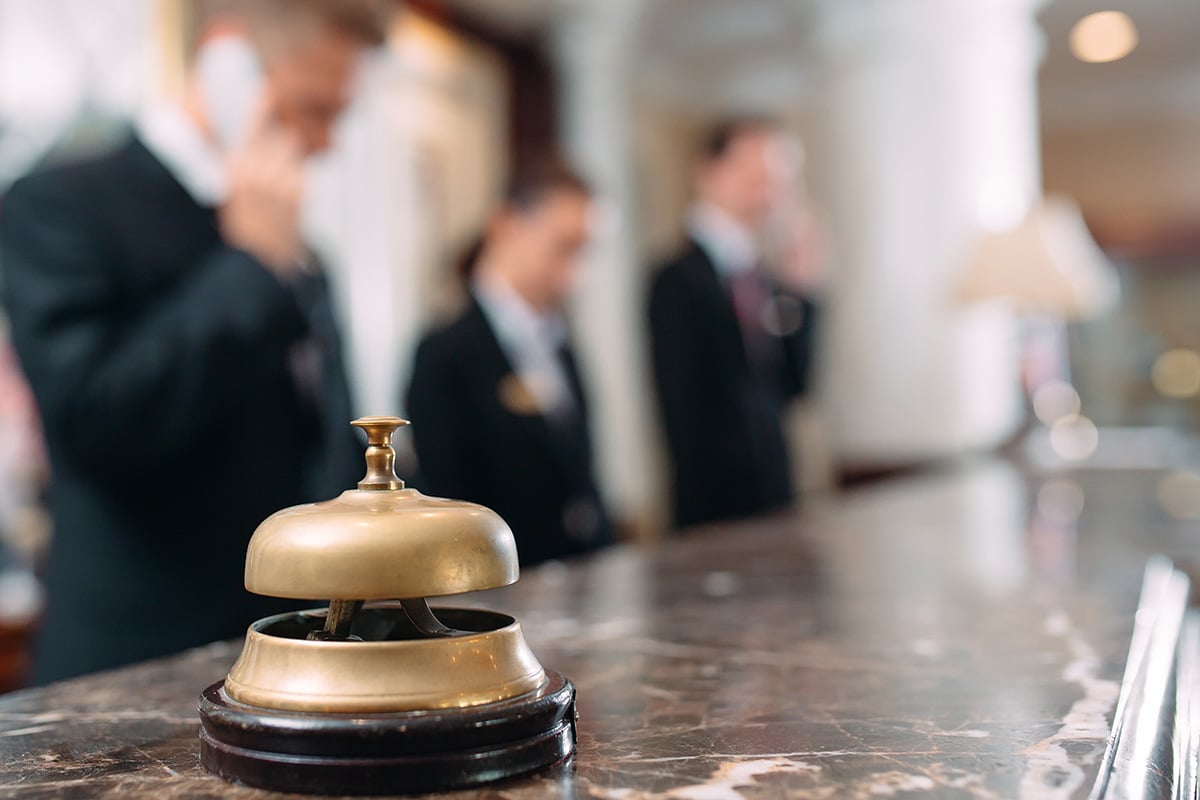The hospitality industry often lags behind others in the adoption of technology, data management, and data gathering. Often those in the industry don’t feel data qualified or they struggle to identify how the advent of big data can help them.
At the same time, the hospitality industry has some of the highest inherent risks in many areas and using data to mitigate risk (and the costs that comes with it) can be a key competitive advantage. But how does risk management in the hospitality industry work, and why should those in the hospitality industry be interested in adopting an enterprise-grade RMIS solution?
Here are 5 ways hospitality companies can reduce business risk with a RMIS provider.
Centralize Claim Reporting
First of all, claim reporting can often be a challenge and may fall in a decentralized way to location managers or even the risk manager who handled the original situation. This can result in misfiled claims, forms not being filled out correctly, and even error reporting that can result in claims denials or the reduction in claims benefits.
Through a uniform claim reporting system managed by a risk management information system (RMIS), claim reporting can be centralized, reducing or eliminating mistakes, tracking claims and claim responses, and ensuring that the proper payout is achieved, and any questions from an insurer are answered.
Leverage Mobile Functionality for Safety Audits
Another way to reduce risk is to prevent the issue that would cause a claim in the first place. This is achieved through safety audits. But these have often traditionally been non-standardized and in paper format that someone needs to enter into a risk management system later.
A better option is to leverage mobile technology to do more thorough and standardized safety audits based not on the instinct of the auditor, but data about safety events that usually happen in the physical facility.
This also applies to technology safety audits. As the hospitality industry moves toward more complete adoption of digital solutions and data-driven solutions, the higher the risk of things like malware, ransomware, and more. Regular digital safety audits can prevent many of these risks.
The hospitality industry, through focusing on mobile technology and safety audits, can significantly lower operational, financial, and strategic risks.
Save Time for More Important Functions
Often not thought of as a risk, wasting time comes with a huge cost. A good risk management system helps save employees’ time: from claims to safety audits, from standardized forms and procedures, managers can spend less time on risk management tasks and spend more time on other vital functions.
Those vital functions? Prevention training, employee education, better safety audits, and more can replace time spent on administrative tasks that can be automated or made significantly more efficient.
Manage Renewal Data
Insurance renewals can be time-consuming. You need to provide insurers with the right data, risk evaluations for each location, and information that helps them develop risk profiles to shape your insurance policies.
The right renewal data can save you significant amounts of money, and again automating and making the process more efficient not only saves you time for other tasks but also saves you money on premiums in the long run.
An RMIS can make your hospitality company stand out to insurers, and make you a desirable client in the long run.
Establish a Risk-Aware Culture
Finally, risk management helps you as a hospitality company establish a risk-aware culture. When your employees have been well trained and are aware of the risks inherent in their work, they will be more likely to avoid those risks and prevent claims in the first place.
This culture of safety will help ensure the health of your employees, the health of your clients and customers, and finally the health of your business. This works with all of the other aspects of risk management to save you time and money, and also helps you manage your reputation.
This impacts your employer brand to those who work for you and your public-facing brand overall. These five ways to reduce risk will set your hospitality business on the path to success.
Are you in the hospitality industry and looking for a risk management system? Or do you just want to learn more about risk management and what a good plan can do for you? Then contact us at Ventiv today. We can show you what we do for companies just like yours.







